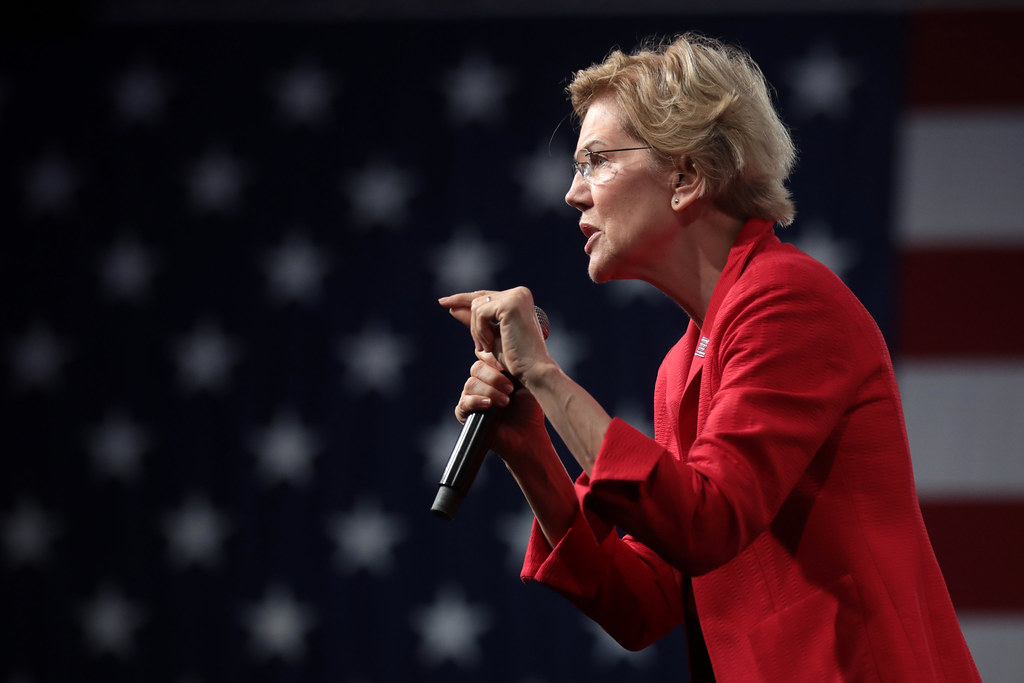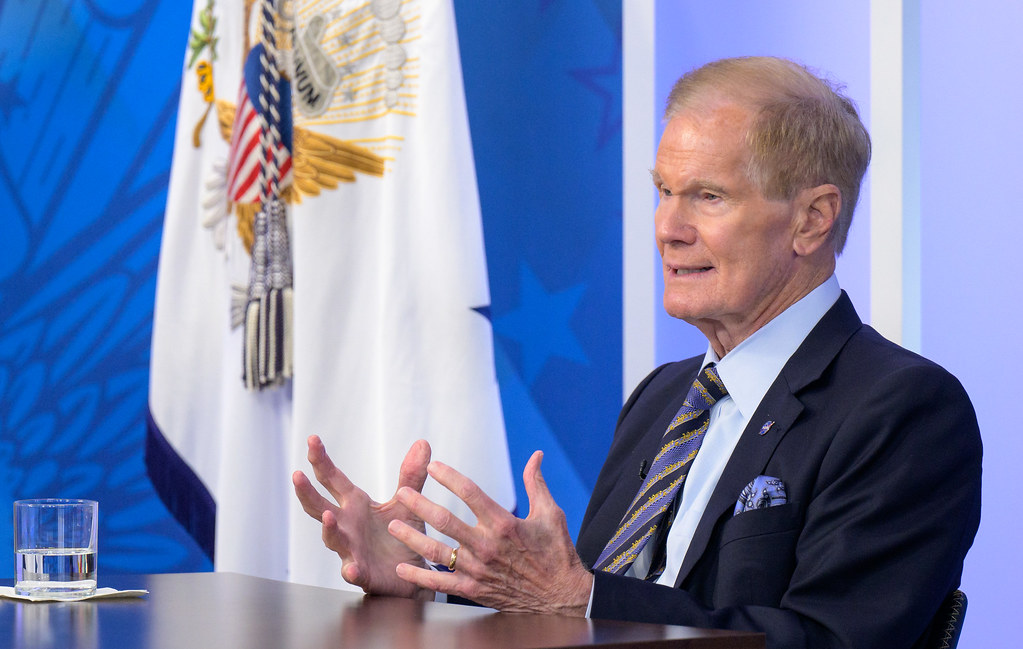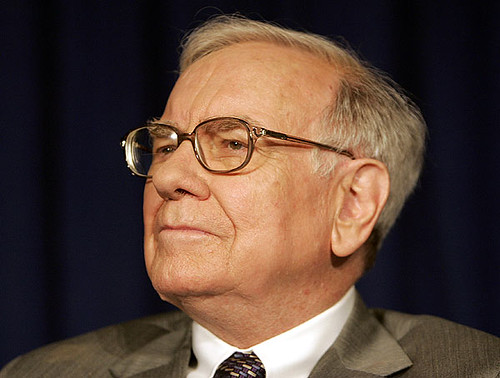In a bold move that could reshape the financial services landscape, Senator Elizabeth Warren has taken a firm stand against the proposed $35 billion acquisition of Discover Financial by Capital One. The senator’s concerns are not just about the size of the deal but its potential impact on consumers and the broader financial system.
Senator Warren’s stance is clear: she believes that the merger of two of the largest credit card companies in the United States would be detrimental to consumers and could pose a threat to financial stability. Her argument is that the consolidation would lead to higher costs and fees for cardholders, a point that cannot be taken lightly in a market where competition is already perceived as limited.

The deal, which was announced with much fanfare, represents what Capital One’s chairman and chief executive, Richard Fairbank, calls “a singular opportunity to bring together two very successful companies with complementary capabilities and franchises.” The vision is to create a payments network that can stand toe-to-toe with industry behemoths like Visa and Mastercard.
Analysts have weighed in, suggesting that the acquisition could indeed shake up the payments industry. However, Senator Warren, a progressive Democrat from Massachusetts, counters that the merger would actually weaken competition rather than bolster it. This perspective is particularly relevant given the heightened scrutiny the payments space has faced in recent years, especially from the Biden administration, which has taken an aggressive stance on antitrust issues.
The financial details of the deal are eye-catching. Discover Financial investors have been offered Capital One shares worth almost $140, a significant premium over Discover’s closing share price on the Friday before the deal’s announcement. Capital One has indicated that it expects the transaction to be completed in late 2024 or early 2025, pending regulatory approvals and shareholder votes.
The acquisition has been positioned as a strategic move by Capital One to not only increase its scale but also to protect itself against the rising tide of fintech and regulatory threats. Fairbank, a co-founder of Capital One and a long-term thinker in American finance, is betting that the purchase of Discover will better position the company in the global payments landscape.
The potential benefits of the deal are numerous for Capital One. It would leapfrog JPMorgan to become the biggest credit card company by loans and solidify its position as the third largest by purchase volume. It would also add significant deposits from Discover’s digital bank and is projected to save the combined entity $1.5 billion in expenses by 2027.
But Senator Warren is not alone in her concerns. Other voices in the financial and regulatory communities have echoed her sentiments, warning that the merger could lead to a “too-big-to-fail” bank and further consolidation in the credit card sector. Critics argue that such consolidation could exacerbate the predatory practices of credit card companies, as highlighted in a recent U.S. Consumer Financial Protection Bureau report.
As the debate heats up, the merger faces significant regulatory hurdles. The Biden administration has made it clear that promoting competition is a priority, and this deal will likely serve as a litmus test for the administration’s approach to bank merger regulation.
While the proposed merger between Capital One and Discover Financial has the potential to create a new powerhouse in the credit card industry, it also raises serious concerns about market competition and consumer welfare. As regulators review the deal, the question remains: will the benefits of scale and innovation outweigh the risks of increased consolidation and potential harm to consumers? Only time will tell, but one thing is certain—Senator Warren will be watching closely, and she is not afraid to voice her opposition.
Related posts:
Elizabeth Warren urges regulators to block Capital One’s takeover of Discover
Here’s why Capital One is buying Discover in the biggest proposed merger of 2024
Warren Calls On Regulators to ‘Immediately’ Block Capital One-Discover Merger





